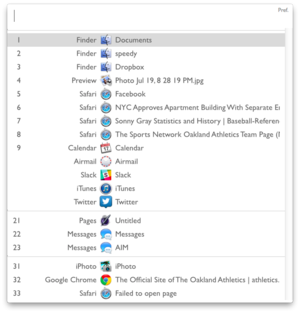iCloud flaw may have allowed nude celebrity photos to leak
A funny thing happened on the Internet Sunday as a cache of nude photos of Kate Upton, Jennifer Lawrence, and other big-name stars made their way onto 4chan, as BuzzFeed notes. Reports indicate that this leak may have been the result of a hacker (or hackers) taking advantage of a flaw in Apple’s iCloud service.
According to TheNextWeb, a hacker may have used a Python script posted to GitHub to hack their way into celebrities’ iCloud accounts. The script, TheNextWeb reports, uses a flaw in Find My iPhone to make it easier to crack a password using “brute force” means where hackers use a piece of software to repeatedly guess a password.
To read this article in full or to leave a comment, please click here
